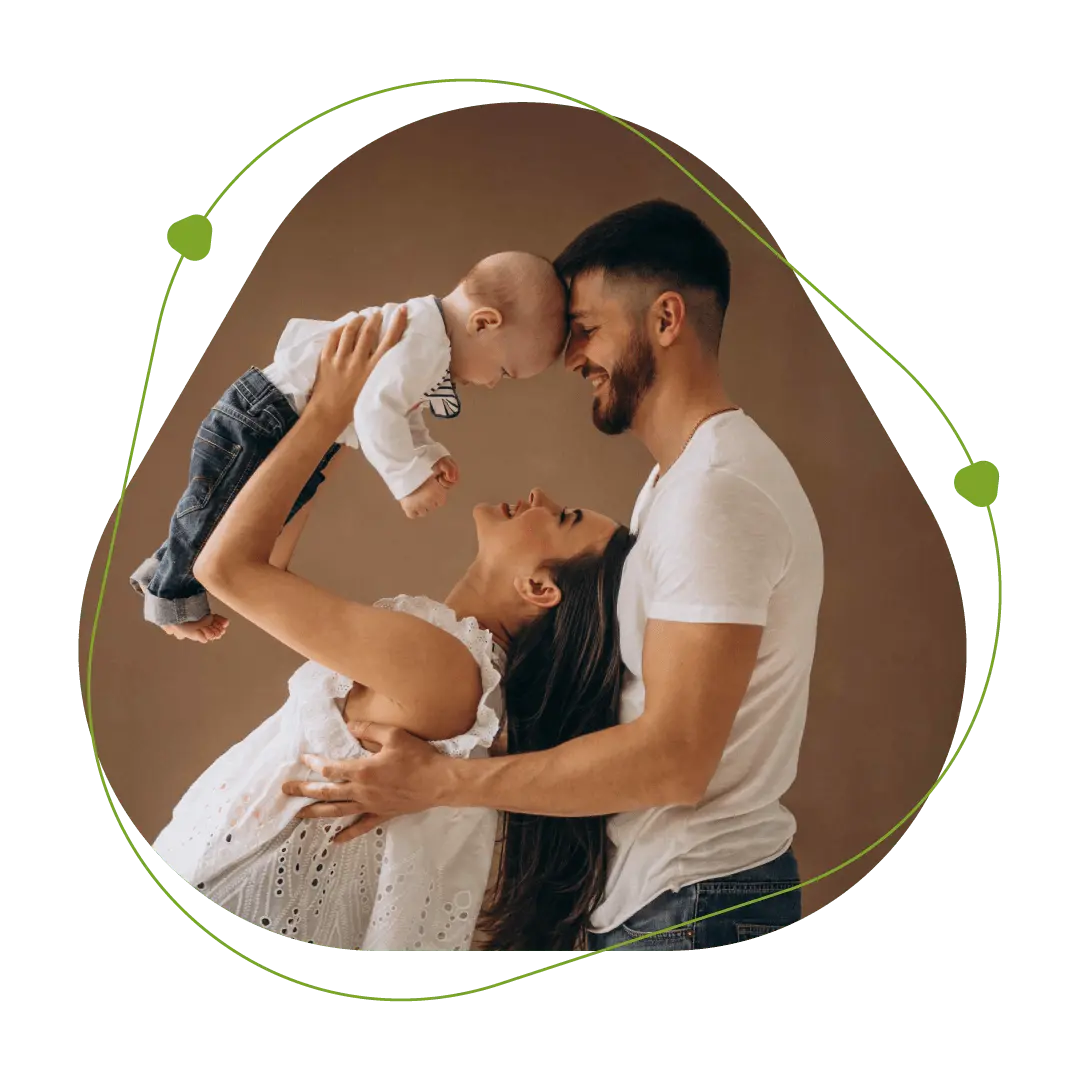Research shows that 1 in 6 pregnancies end in a miscarriage in the first trimester, i.e. 12 weeks of gestation. It usually occurs due to abnormalities in the embryos. When the maternal age increases, particularly in women more than 35 years of age, the probability of miscarriage is more due to poor egg quality and chromosomal defects.
Recurrent miscarriages are when a woman goes through two consecutive pregnancy losses. It is not common and affects one in every hundred women, and can be very distressing to a couple. It is three times more than what could be expected by chance alone and hence need investigations to see if there is a specific reason for the losses.
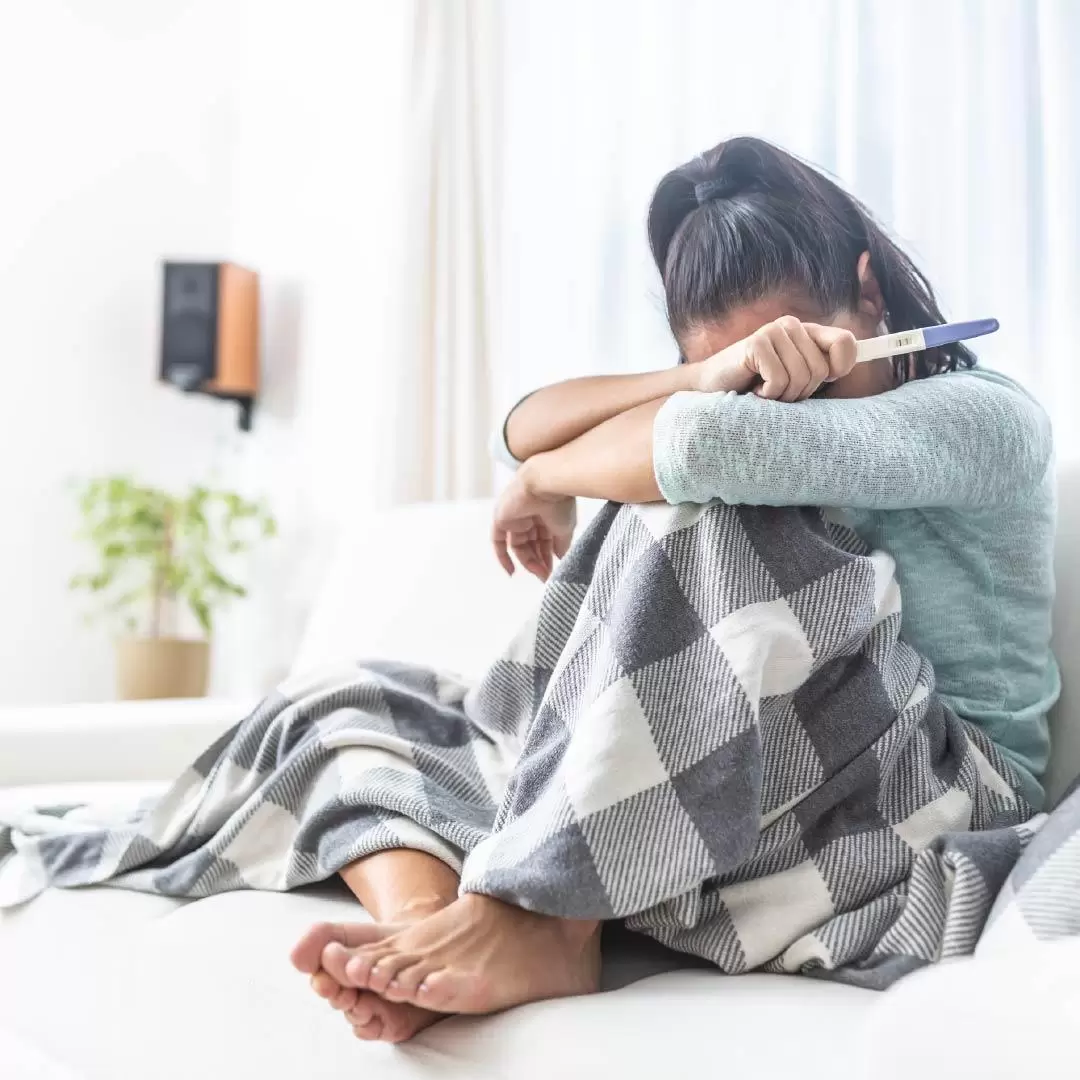
Our Approach to Recurrent Miscarriages
Some of the investigations suggested are chromosomal analysis of both partners, checking for antibodies called antiphospholipid antibodies and thrombophilia screening to identify a cause for recurrent miscarriages. In about half of the women with recurrent miscarriages, a cause can be identified and treatment directed towards this. However, in the other half, no cause can be identified. In these women, continued attempts at further pregnancy are encouraged as there is still a good chance of successful live birth in the future.
We offer the latest techniques, such as PGS (Preimplantation Genetic Screening), to help women suffering from recurrent pregnancy losses to achieve a healthy pregnancy.
Our experts recognise the unique challenges faced by couples experiencing recurrent miscarriages. We are committed to providing support and offering evidence-based treatment methods to help them achieve a healthy live birth.

Our Approach to Recurrent Miscarriages
Some of the investigations suggested are chromosomal analysis of both partners, checking for antibodies called antiphospholipid antibodies and thrombophilia screening to identify a cause for recurrent miscarriages. In about half of the women with recurrent miscarriages, a cause can be identified and treatment directed towards this. However, in the other half, no cause can be identified. In these women, continued attempts at further pregnancy are encouraged as there is still a good chance of successful live birth in the future.
We offer the latest techniques, such as PGS (Preimplantation Genetic Screening), to help women suffering from recurrent pregnancy losses to achieve a healthy pregnancy.
Our experts recognise the unique challenges faced by couples experiencing recurrent miscarriages. We are committed to providing support and offering evidence-based treatment methods to help them achieve a healthy live birth.
Meet our team of experts
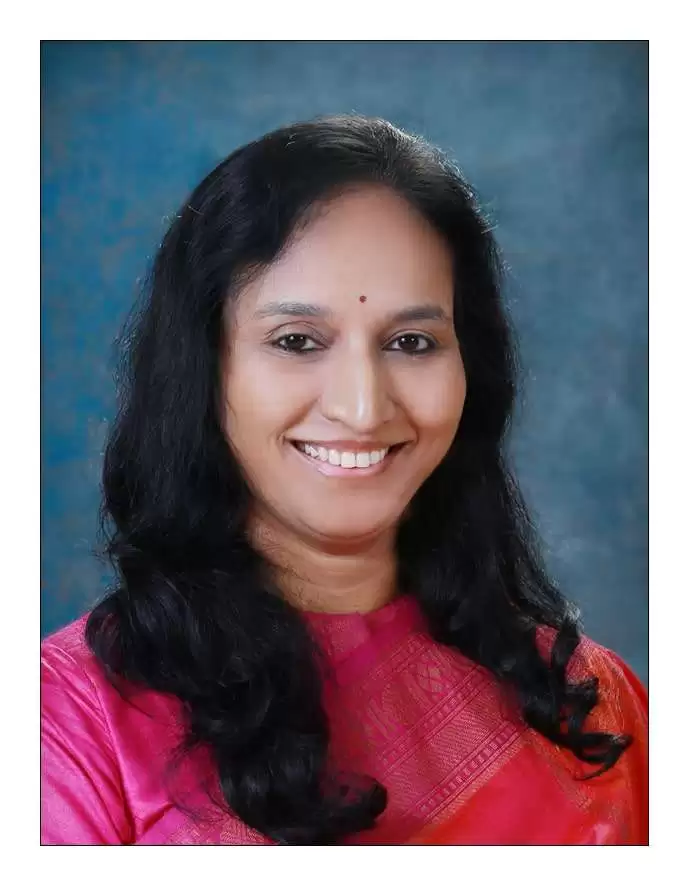
Dr. S. Vyjayanthi
Read More
MD, DGO, DNB, MRCOG,
MSC (Embryology UK)
Subspecialist in Reproductive Medicine & Surgery (RCOG, UK)
Director and Fertility Specialist, MotherToBe
Head of Department & Consultant Fertility Specialist, KIMS, Secunderabad.
Dr. Vyjayanthi has worked in the UK for 10 years in the Reproductive medicine units in Leeds and London. She has vast experience in the management of patients with recurrent miscarriages. Evidence based treatment protocols are followed after a thorough work up to help these couples achieve a live birth.
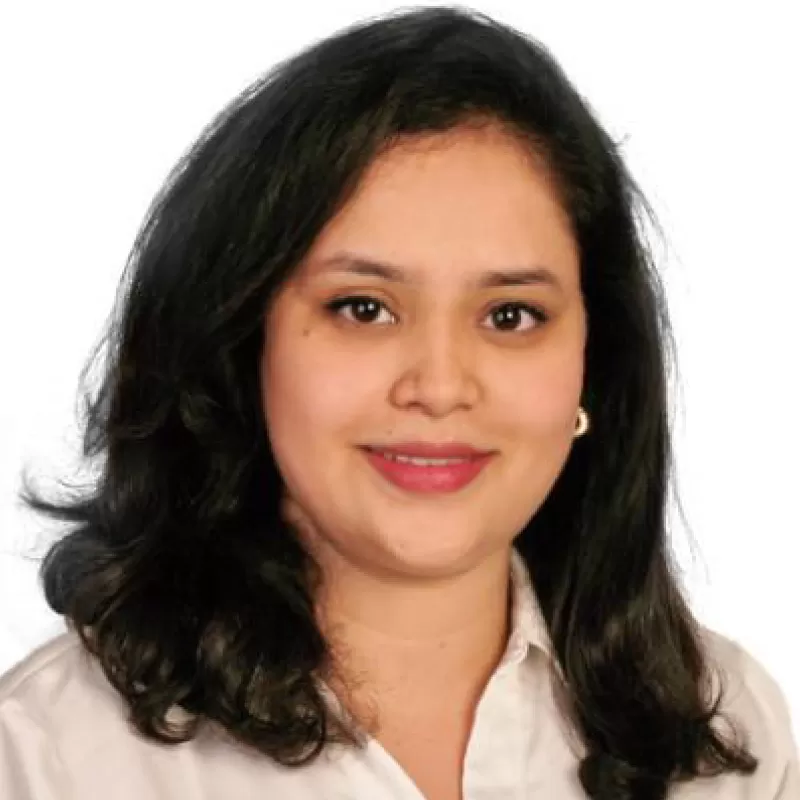
Divya Billakurthi
Read More
MSc, Counselling Psychologist & Holistic Therapeutic Psychologist
Divya has extensive experience in counselling women and couples who face fertility issues and offers emotional support during the IVF process, simplifying a couple’s fertility journey. She is also adept in handling individual, couple and group therapies and services in marital counselling, stress management, and emotional issues related to women with PCOS and other chronic health issues in women.
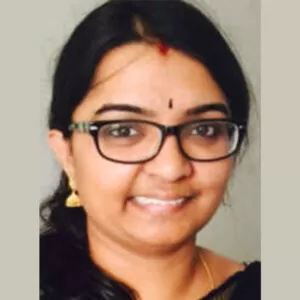
Dr Pavani Upendrum
Read More
MSc PhD (Human Genetics) BGCI (II) Genetic Counsellor
Consultant Medical Geneticist and Genetic Counsellor
Dr Pavani is a Board-certified senior genetic counsellor with 12 years of experience in the field of medical genetics and genetic counselling. Areas of expertise include pre-marital, conception, prenatal genetic counselling, and cancer genetic counselling. She has counselled over 1000 families with various genetic conditions. She received the Young Scientist Award in 2014 from the Indian Society of Human Genetics (ISHG).
Book an Appointment
